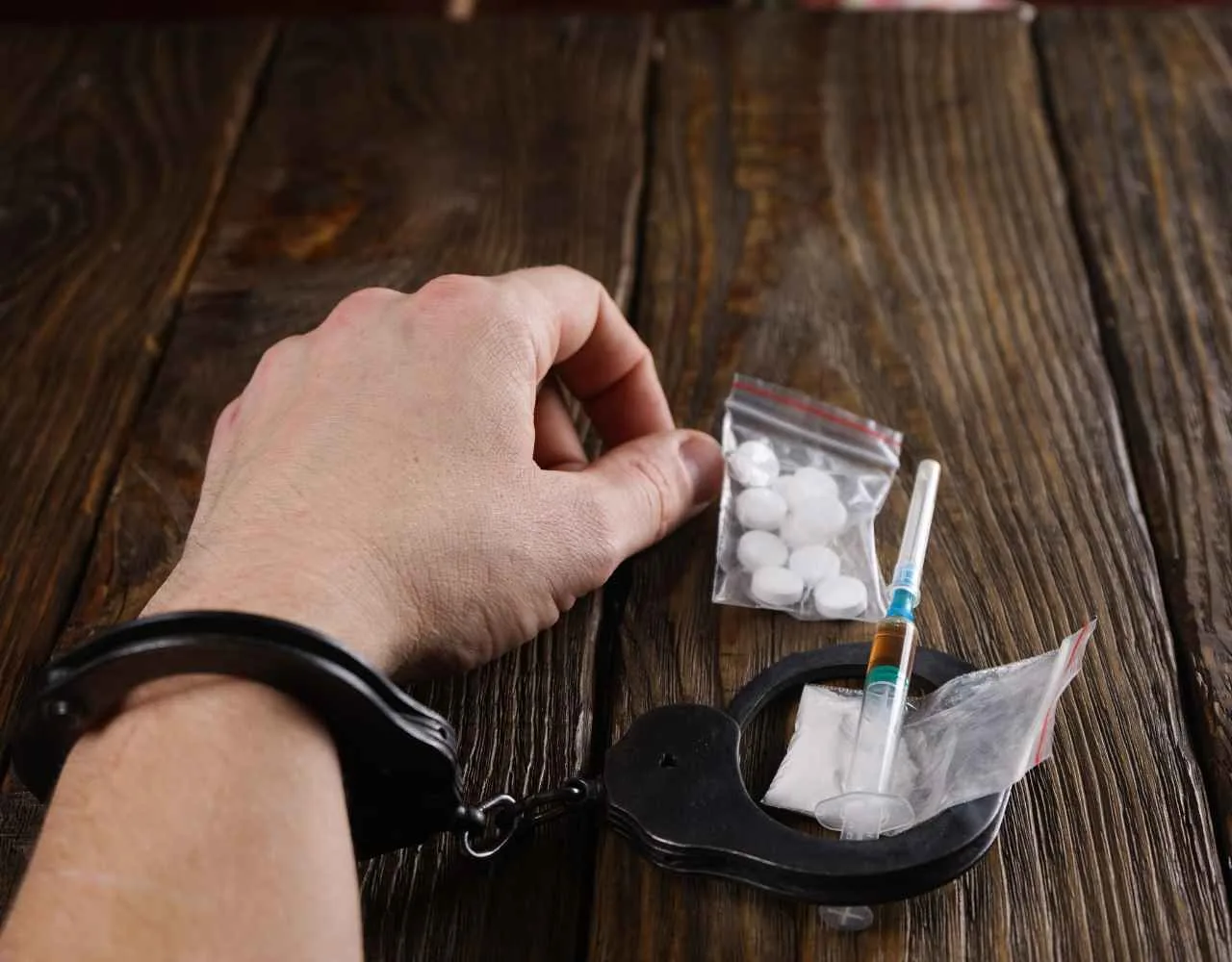Possession of cocaine penalties in South Carolina are very serious. The penalties for cocaine charges vary depending on the amount of cocaine involved and may include jail time, fines, and other consequences.
The punishment for possessing less than one gram of cocaine as a first-time offender is a misdemeanor with up to three years in jail and a maximum fine of $10,000.Possessing more than one gram is a felony with up to 10 years in prison and a maximum fine of $25,000.
Possessing more than 50 grams of cocaine can lead to up to 25 years in prison and a maximum fine of $50,000.In addition to jail time and fines, a drug conviction for possession of cocaine can result in other penalties such as loss of driving privileges, education credits, a criminal record, firearm restrictions, community service, drug treatment programs, and mandatory drug testing.
If you are facing criminal charges for the offense of possession of cocaine in South Carolina, it is important to consult with an experienced criminal defense attorney to protect your legal interests. ToumaLaw Group’s experienced drug possession lawyers can provide the necessary legal support in a drug possession conviction charge.
What are the Penalties for Simple Possession of Cocaine or Crack in South Carolina?
Possessing any amount of these substances is a felony and carries a minimum sentence of one year in prison and/or a fine of up to $5,000. Additional penalties may apply based on the quantity of drugs found.
- For first-time offenders, possessing less than one gram of cocaine or crack is a misdemeanor with a maximum of three years in jail and/or a fine of up to $10,000.
- Subsequent offenses or possessing more than one gram is a felony offense with a maximum of 10 years in prison and/or a fine of up to $25,000.
- Possessing more than 50 grams can lead to a maximum jail sentence of up to 25 years and/or a fine of up to $50,000.
- Furthermore, convicted individuals may face other consequences, such as loss of driving privileges, firearm restrictions, community service, drug treatment programs, and mandatory drug testing.
Drug Possession Penalties Depend on the Drug Classification
Possessing cocaine in South Carolina is a serious crime with severe consequences. The state has a three-tiered system to classify drugs based on their potential for abuse and danger.
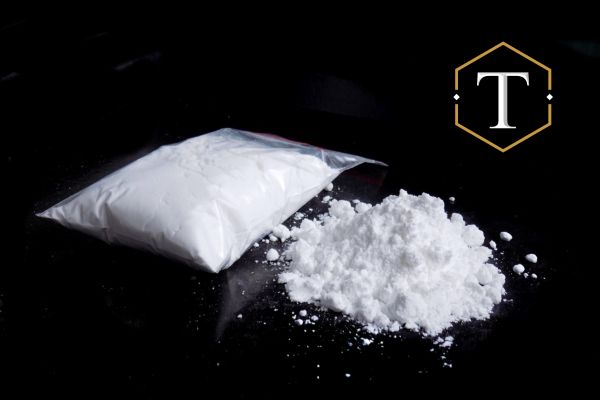
In South Carolina, the possession of Schedule I drugs, including cocaine, is the most dangerous, Schedule II drugs have a lower potential for abuse, and Schedule III drugs have even lower potential.
In South Carolina, cocaine is classified as a Schedule II substance, which means it carries the toughest penalties. Possession of less than one gram is a misdemeanor with up to three years in jail and/or a fine of up to $10,000. Possession of more than one gram is a felony with up to 10 years in prison and/or a fine of up to $25,000. Possession of more than 50 grams can result in up to 25 years in prison and/or a fine of up to $50,000.
Simple Possession of Cocaine
Possessing cocaine in South Carolina is considered a serious criminal offense and can result in substantial fines and lengthy imprisonment. The severity of criminal penalties varies depending on factors such as the amount of narcotic drugs found, the individual’s criminal history, previous convictions of dangerous drugs, and other case-specific circumstances.
Penalties for simple possession of cocaine range from a fine of up to $200 and/or up to 30 days in jail to a fine of up to $25,000 and/or up to 10 years in prison. If the individual possesses 50 grams or more of cocaine, the potential penalty could be a fine of up to $50,000 and/or up to twenty-five years in prison.
Along with fines and jail time, those convicted of cocaine possession may also face additional consequences such as loss or suspension of driving privileges, restrictions on firearm ownership, mandatory community service, mandatory drug testing, and enrollment in drug treatment programs.
What is Distribution or Possession with Intent to Distribute (PWID) Cocaine in South Carolina?
Distributing or possessing with intent to distribute cocaine in South Carolina is illegal. It is considered a felony and carries severe penalties if convicted. The penalties depend on the amount of cocaine, and any prior criminal history if distribution occurred near an educational center, a trade school, or a secondary school.
- For less than 28 grams, the maximum penalty is a $25,000 fine and/or up to 10 years in prison.
- For 28 to 100 grams, the maximum penalty is a $50,000 fine and/or up to 25 years in prison.
- Possession with intent to distribute larger amounts of cocaine over 100 grams can result in a $100,000 fine and/or up to 30 years in prison.
- Other penalties for possession of a dangerous substance may include loss of driving privileges, firearm restrictions, community service, drug treatment programs, and mandatory drug testing.
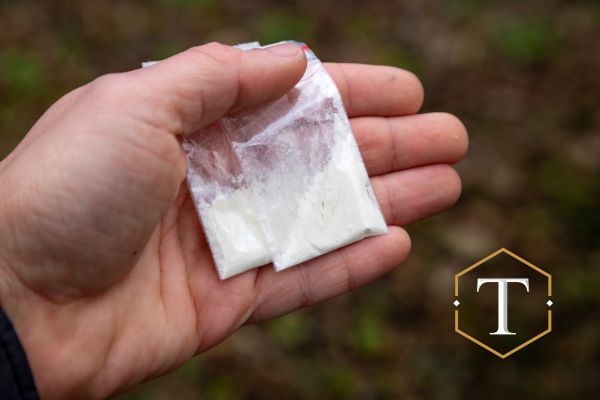
Penalties of Possession with Intent to Distribute
Possessing cocaine with the intent to distribute is a serious drug trafficking charge offense in South Carolina. The penalties for this crime can be severe, including heavy fines, long prison terms, and even life imprisonment.
The minimum sentence for possessing cocaine with intent to distribute is five years in prison, while the maximum sentence is 30 years. In addition to imprisonment, individuals convicted of this crime may also face fines ranging from $1,000 to $30,000.
Other consequences may include the loss or suspension of driving privileges, firearm restrictions, community service requirements, mandatory drug treatment programs, and drug testing.
Actual vs. Constructive Possession
The penalties for possession of cocaine in South Carolina vary depending on the type of possession. There are two types: actual possession and constructive possession.
Actual possession is when the accused physically has control over the cocaine. This could mean having the drugs on their person or having direct control over them in a vehicle or home. Actual possession carries the harshest penalties.
Constructive possession is when the accused does not physically have control over the drugs, but they are aware of their presence and have some influence over them. This could include having access to a locked box or cabinet with cocaine, having cocaine hidden in water pipes, having drug paraphernalia, or being in a vehicle with someone who has drugs. Constructive possession still carries penalties, but they are less severe than actual possession.
Drug Threshold Amounts
In South Carolina, the possession of cocaine is a legal matter with significant consequences. The severity of the charges depends on the quantity of cocaine in possession, resulting in either a misdemeanor or felony charge. The state has specified drug threshold amounts as follows:
• Less than one gram – Misdemeanor drug charge punishable by up to three years in prison and/or a fine of up to $10,000.
• One gram or more but less than 28 grams – Felony punishable by up to 10 years in prison and/or a fine of up to $25,000.
• 28 grams or more but less than 100 grams – Felony punishable by up to 25 years in prison and/or a fine of up to $50,000.
• 100 grams or more – Felony punishable by up to 30 years in prison and/or a fine of up to $100,000.
State Level
The punishments for possessing cocaine in South Carolina are severe. There are three levels of charges based on the amount of cocaine found: simple possession, trafficking, and manufacturing.
The penalties for each charge vary greatly. Simple possession is having less than one gram of cocaine, a felony with up to three years in prison and fines up to $10,000.
Trafficking is having more than one gram but less than 28 grams, a felony with up to 10 years in prison and fines up to $25,000.
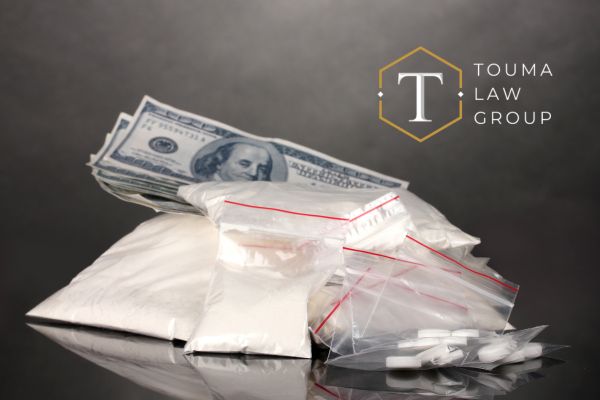
Manufacturing is having more than 28 grams but less than 100 grams, a felony with up to 25 years in prison and fines up to $50,000. Convicted individuals may also face additional consequences such as license suspension, mandatory drug testing, and community service. It is important to consult a criminal defense attorney for guidance and protection of rights.
Federal Level
In the United States, cocaine possession is considered a serious offense and is subject to harsh punishments at the federal level. In South Carolina, those convicted of possessing cocaine face severe penalties, including long prison sentences and substantial fines.
Possession of any amount of cocaine is considered a felony under federal law and carries a minimum sentence of five years in federal prison. The maximum sentence for possession can be as high as 20 years in prison, depending on the amount of cocaine involved. In addition to prison time, federal cocaine convictions also carry large fines, ranging from $1 million to $4 million.
Potential Defenses for Drug Possession Charges
Being charged with cocaine possession in South Carolina can result in serious legal consequences. To avoid these penalties, it is crucial to understand potential defenses for drug possession accusations.
One defense is challenging the legality of the search or seizure. If law enforcement searches without a valid search warrant or probable cause, any evidence obtained may be inadmissible in court.
Another defense to get a drug charge dropped is questioning the "chain of custody" of the drug. If there are concerns about mishandling or contamination during storage or testing, reasonable doubt can be raised about the accused person’s actual possession of the drug. It can also be argued that the accused person was unaware of the drug’s presence or lacked control over it. For example, if drugs are found in a car’s glove box while the accused person is a passenger, they can claim ignorance and lack of control.
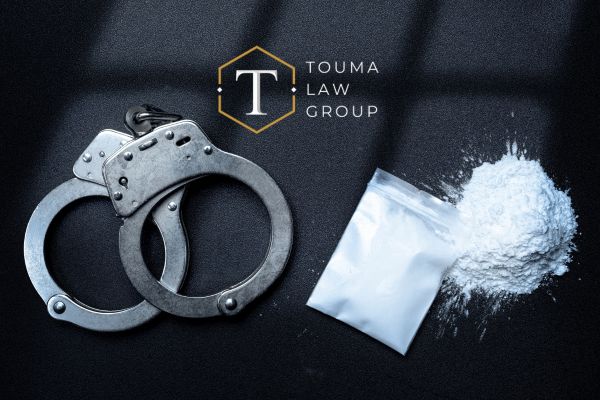
Entrapment can be argued if law enforcement coerced the accused person into committing a crime they wouldn’t have otherwise. In any case, it is important to consult an experienced criminal defense attorney who can evaluate the facts and advise on available defenses for the drug possession case.
Contact an Experienced South Carolina Drug Crime Lawyer Today!
If you have been charged with possession of cocaine in South Carolina, you must contact an experienced drug crime lawyer from Touma Law Group as soon as possible. Possession of cocaine is a serious criminal charge and the penalties associated with a conviction can be severe. In South Carolina, possession of even a small amount of cocaine can result in up to 10 years in prison, fines of up to $20,000, and a permanent criminal record.
At Touma Law Group our skilled drug crime attorneys can help protect your rights and present the best defense possible for your case. An attorney can also evaluate any evidence against you and advise on the potential penalties if convicted. If you are facing drug possession charges in South Carolina, contact Touma Law Group today to discuss your case.

